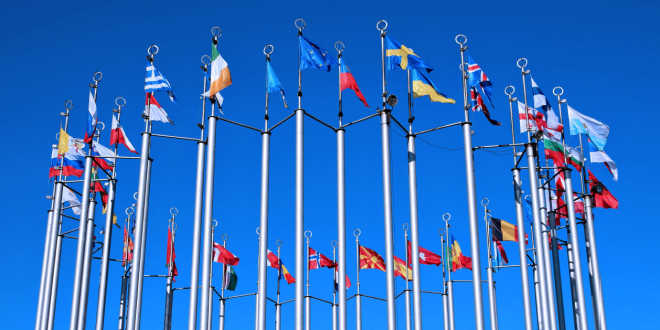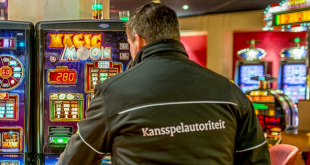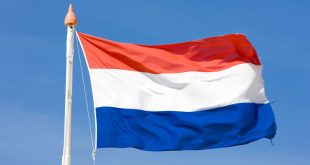European betting and gaming authorities have outlined a joint commitment to tackling problem gambling across the continent via the Gaming Regulators European Forum (GREF).
A GREF statement explained that cross-border cooperation will consist of regular meetings between various national bodies, sharing information, expertise and best practice and setting up alerts and coordinating ‘joint actions’ against illegal betting websites across Europe.
Black market and illegal operators have become a major talking point and area of focus for the European gaming industry of late, particularly as countries such as Germany, the Netherlands, Ireland and the UK – among others – pursue regulatory reform.
GREF’s statement read: “This joint action will enable us to better identify and minimise illegal gambling activities while acknowledging that each regulator remains free to define what amounts to illegal gambling and to use the enforcement tools provided by its own national regulatory framework.
“We expect that this common action will enable a constructive dialogue with online platforms, including social media platforms. We also expect that this common action will raise consumer awareness regarding the risks associated with illegal gambling.”
GREF counts several prominent betting, gaming and lottery regulators among its members, including the UK Gambling Commission (UKGC), Germany’s newly founded Gemeinsame Geschäftsstelle Glücksspiel (GGL), France’s l’Autorité Nationale des Jeux (ANJ), the Belgian Gambling Commission (BGC), Ireland’s Regulator of the National Lottery and Greece’s Hellenic Gaming Commission (HGC).
Also included in GREF’s ranks are several government ministries and departments with oversight for betting and gambling, including the Irish Department of Justice and Equality and the Finnish Ministry of Social Affairs and Health, both of which have played a prominent role in pushing for and implementing new regulations in their respective countries.
Meanwhile, the organisation is Chaired by René Jansen, Chair of the Dutch Kansspelautoriteit (KSA) regulator and Vice-Chaired by Isabelle Falque-Pierrotin, ANJ President, whilst the UKGC’s Executive Director, Tim Miller, is GREF Treasurer.
Via GREF, the associated regulators and government departments/ministries pursue ‘shared common objectives’ of consumer protection and development of a fair gambling market – objectives which it asserts illegal gambling operations threaten.
Consumers are made vulnerable by illicit betting firms, GREG asserted, by being exposed to operators that do not offer legal protection and are not ‘held to the same standards we expect of our licensed operators’.
“In light of these considerations, we commit ourselves today to working together against illegal gambling, in order to ensure effective implementation of our national regulations,” the organisation stated.
In a separate statement, Jansen’s home association, the KSA, has promoted the GREF strategy, emphasising that ‘the fight against the illegal offer of games of chance is a common concern of the European games of chance regulators’.
Targeting illegal firms has become a key objective of the KSA of late, as the regulator strives to enforce the provisions of the Netherlands’ KOA Act, which introduced a re-regulated online marketplace in October 2021.
In the 18 months since the market was launched, a total of 22 licenced operators have commenced business, but the KSA has imposed several fines against unlicensed firms which have been allegedly targeting Dutch consumers, fining five such companies in December 2022.
Meanwhile, concerns around black market operators continue to circulate in Germany – with the GGL asserting upon launch in January that it would create some of the toughest restrictions in Europe for unlicensed firms.
On the other side of the North Sea, however, betting and gaming stakeholders have repeatedly cited concerns that the provision of the upcoming Gambling Act review, in development since December 2020, could potentially boost the nation’s black market.









